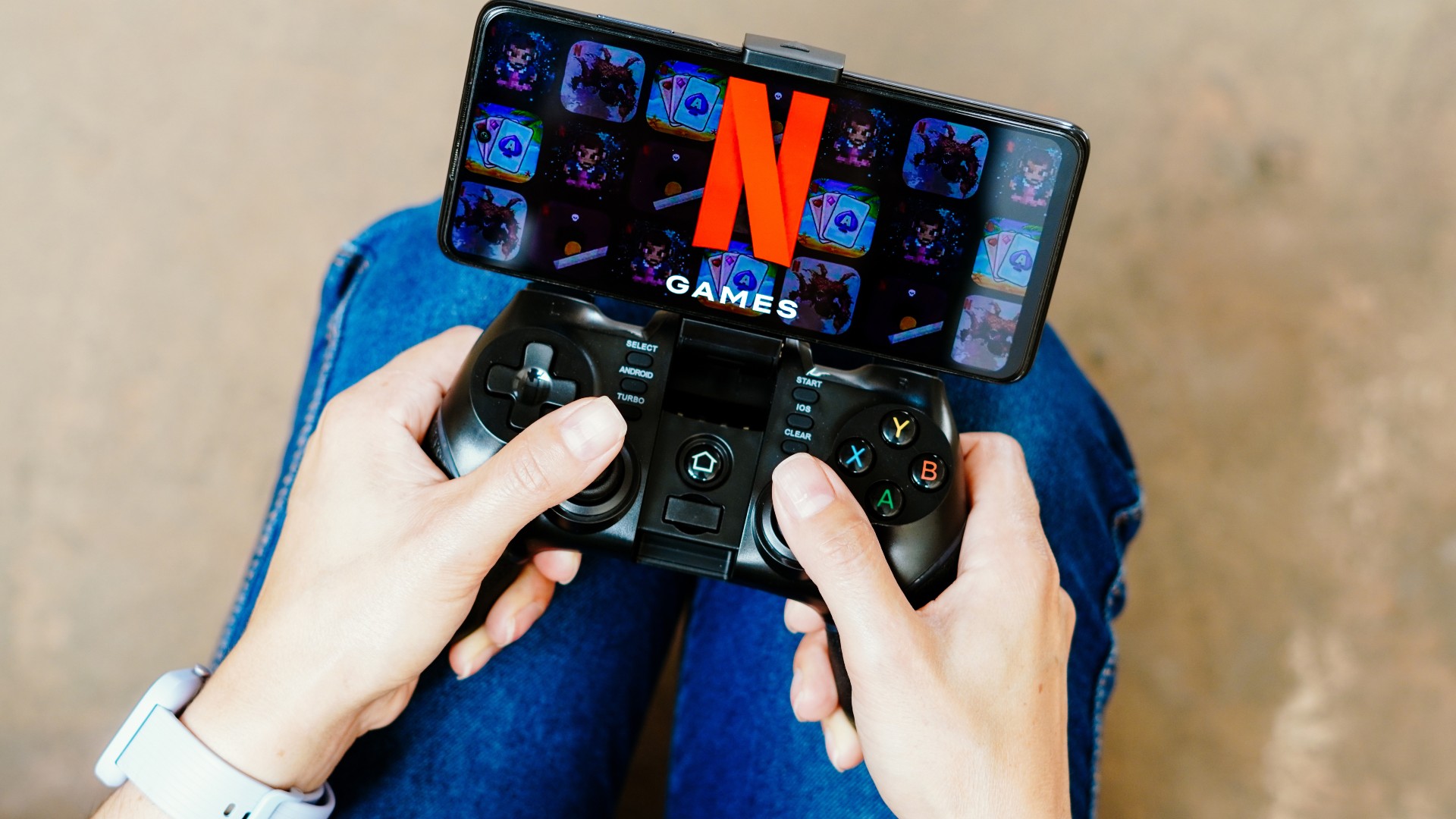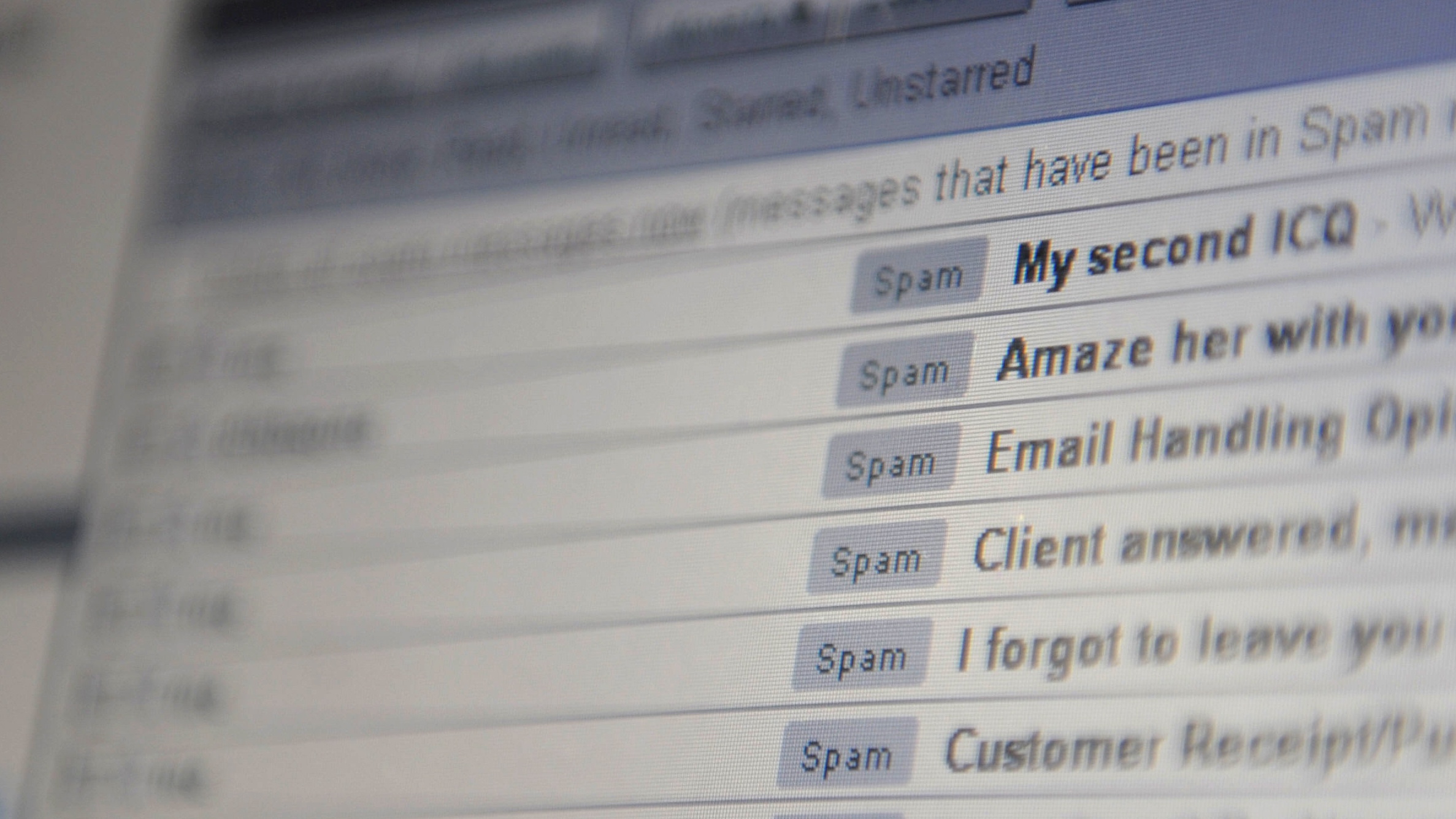Fortnite: how teenage hackers are making thousands
One boy earned £1,500 in a matter of weeks by selling stolen online accounts
A free daily email with the biggest news stories of the day – and the best features from TheWeek.com
You are now subscribed
Your newsletter sign-up was successful
Teenagers are making thousands of pounds every week by hacking the popular online video game Fortnite: Battle Royale, it has been revealed.
A group of about 20 hackers told the BBC that they steal private accounts from gamers using “off-the-shelf” hacking tools and sell them through social media.
One of the youngsters, a 14-year-old British boy, said that a hacking group approached him after he purchased a stolen account for 25p, the broadcaster reports. He claims he has carried out only one hacking session, which netted him over 1,000 accounts in one day.
The Week
Escape your echo chamber. Get the facts behind the news, plus analysis from multiple perspectives.

Sign up for The Week's Free Newsletters
From our morning news briefing to a weekly Good News Newsletter, get the best of The Week delivered directly to your inbox.
From our morning news briefing to a weekly Good News Newsletter, get the best of The Week delivered directly to your inbox.
He was able to sell the online profiles, which can go for anything from a few pence to hundreds of pounds, for £1,500 in a matter of weeks.
Fortnite is one of the biggest computer games in the world, with developer Epic Games claiming that 78.3 million players log into the game on a monthly basis, Polygon reports.
One of the chief reasons for the game’s popularity is that it’s free to play. However, players can pay using real-world money to unlock new outfits and dance moves. Some pay amounts into the hundreds for these items, making their accounts valuable to the right buyer.
Hackers gain access to an account by using tools to locate a gamer’s user name and password, says Metro. Once these have been obtained, the hackers simply activate the account’s two-factor authentication, a security measure where users must enter a code as well as a password to enter their account.
A free daily email with the biggest news stories of the day – and the best features from TheWeek.com
Activating two-factor authentication, which can be done through the security settings in the game, makes an account significantly more difficult to hack, the newspaper adds.
Epic Games has yet to comment on the hacking claims but said that it was working to improve account security.
-
 The problem with diagnosing profound autism
The problem with diagnosing profound autismThe Explainer Experts are reconsidering the idea of autism as a spectrum, which could impact diagnoses and policy making for the condition
-
 What to know before filing your own taxes for the first time
What to know before filing your own taxes for the first timethe explainer Tackle this financial milestone with confidence
-
 The biggest box office flops of the 21st century
The biggest box office flops of the 21st centuryin depth Unnecessary remakes and turgid, expensive CGI-fests highlight this list of these most notorious box-office losers
-
 Netflix's epic quest into gaming
Netflix's epic quest into gamingUnder the radar The streaming giant's entry into the video game industry has been a slow burn, but that could change soon.
-
 Pong at 50: the video game that ‘changed the world’
Pong at 50: the video game that ‘changed the world’Under the Radar Atari’s breakthrough invention remains a ‘touchstone’ in the history of gaming
-
 How cybercriminals are hacking into the heart of the US economy
How cybercriminals are hacking into the heart of the US economySpeed Read Ransomware attacks have become a global epidemic, with more than $18.6bn paid in ransoms in 2020
-
 Language-learning apps speak the right lingo for UK subscribers
Language-learning apps speak the right lingo for UK subscribersSpeed Read Locked-down Brits turn to online lessons as a new hobby and way to upskill
-
 Brexit-hobbled Britain ‘still tech powerhouse of Europe’
Brexit-hobbled Britain ‘still tech powerhouse of Europe’Speed Read New research shows that UK start-ups have won more funding than France and Germany combined over past year
-
 Playing Cupid during Covid: Tinder reveals Britain’s top chat-up lines of the year
Playing Cupid during Covid: Tinder reveals Britain’s top chat-up lines of the yearSpeed Read Prince Harry, Meghan Markle and Dominic Cummings among most talked-about celebs on the dating app
-
 Brits sending one less email a day would cut carbon emissions by 16,000 tonnes
Brits sending one less email a day would cut carbon emissions by 16,000 tonnesSpeed Read UK research suggests unnecessary online chatter increases climate change
-
 Reach for the Moon: Nokia and Nasa to build 4G lunar network
Reach for the Moon: Nokia and Nasa to build 4G lunar networkSpeed Read Deal is part of the US space agency’s plan to establish human settlements on the lunar surface